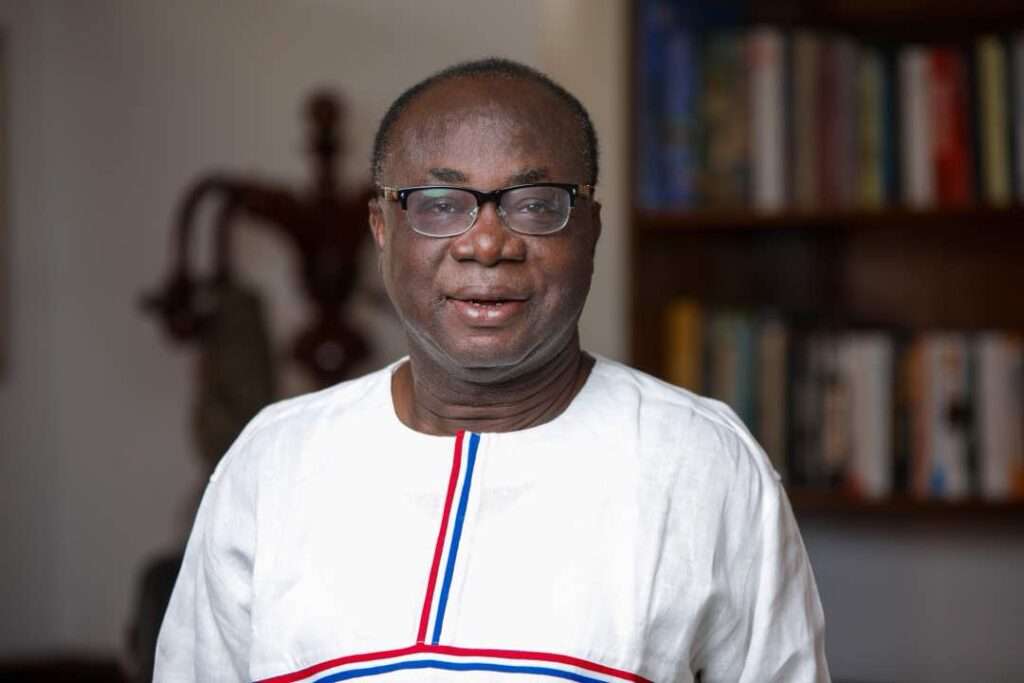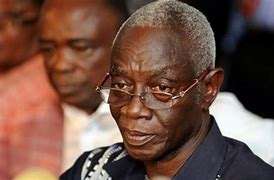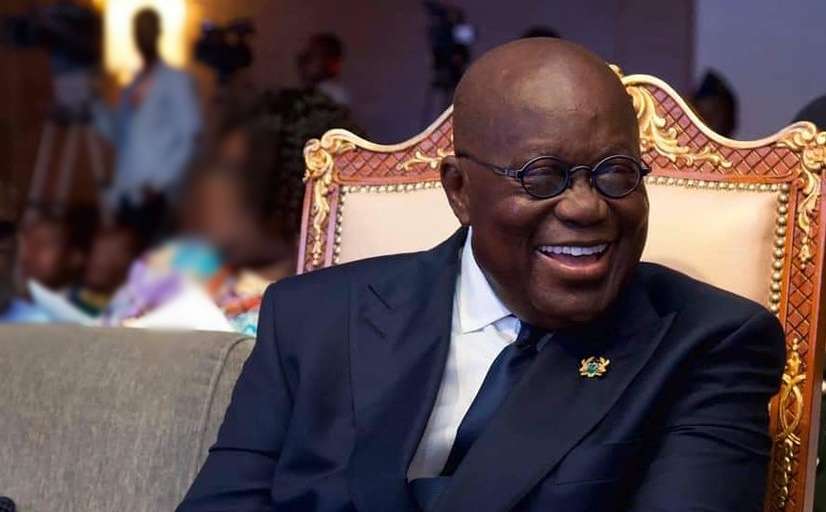In Ghana, corruption remains a persistent challenge with far-reaching consequences. Despite ongoing efforts, exemplified by the Akufo-Addo administration’s policy-driven approach lauded by figures like Freddie Blay, concerns persist. Former electoral commission chairman Dr. Kwadwo Afari-Gyan highlighted institutional shortcomings in combating corruption during a public lecture, emphasizing its impact on national impoverishment and electoral integrity.
While acknowledging corruption as a global issue, Freddie Blay underscored its distortion of Ghana’s economy, urging sustained measures to restore confidence and combat the pervasive canker. The conversation reflects the complex battle against corruption, demanding continual scrutiny and reform in Ghana.
Blay asserted that the Akufo-Addo government, under the third and fourth republic, has demonstrated a greater commitment to addressing corruption than any previous administration he can recall. He stressed the importance of not only setting individual examples but also implementing effective institutional and policy measures.

Blay highlighted the role of digitalization as one of the key strategies in the fight against corruption. By leveraging technology, the government aims to streamline processes, reduce opportunities for corruption, and enhance transparency in various sectors. Additionally, he commended the empowerment of law enforcement agencies such as the Police and the Judiciary, ensuring they have the necessary tools and resources to carry out their duties effectively.
“The government of Nana Addo-Dankwa Akufo-Addo, so far as I am concerned, has put in more efforts under the third and fourth republic, to fight corruption than any other government that I can think of. I am being sincere. How do you fight corruption? It’s not vowing to be a saint as an individual and therefore let people follow your examples.
“It is important for you as an individual, to set a good example, but the kind of institutions you put in place, the kind of policies you put in place. The policies, with emphasis, will fight corruption for you. Digitalization is one of them. The Police have been empowered, the Judiciary has been empowered to the extent that they give them everything that they need.”
Freddie Blay
In contrast to Blay’s positive assessment, Dr. Kwadwo Afari-Gyan, former Chairman of the Electoral Commission, expressed concerns during the Constitution Day Public Lecture about the insufficient efforts of public institutions mandated to combat corruption. He noted that pervasive corruption, particularly in the public sector, has led to economic deterioration and a decline in the integrity of key institutions.

“Over the years, we have become poorer as a nation and as a people, mainly due to pervasive corruption, particularly in the public sector. Unfortunately, some of our key public institutions are becoming institutions of dubious integrity. Increasingly, candidates who lose elections are alleging manipulations and refusing to accept the results.”
Freddie Blay
Calling for measures to curb the menace, Dr. Afari-Gyan’s concerns shed light on the ongoing challenges in the fight against corruption despite the efforts praised by Blay. The dialogue underscores the complexity of the issue and the need for continuous improvement in anti-corruption measures.
Freddie Blay acknowledged the detrimental effects of corruption on the economy, noting that approximately one-third of the country’s GDP is lost to corrupt practices. He expressed concerns that corruption could erode confidence in the economy, leading individuals to resort to unethical means to evade taxes. Blay also highlighted the global nature of corruption, particularly in developing countries.
While recognizing that corruption is a global challenge, Blay’s emphasis on the Akufo-Addo government’s commitment to employing effective policies and institutional reforms suggested a proactive stance toward mitigating the impact of corruption on Ghana’s socio-economic landscape. As the nation grapples with this pervasive issue, the conversation surrounding the fight against corruption remains a critical and ongoing discourse in Ghanaian politics.



















